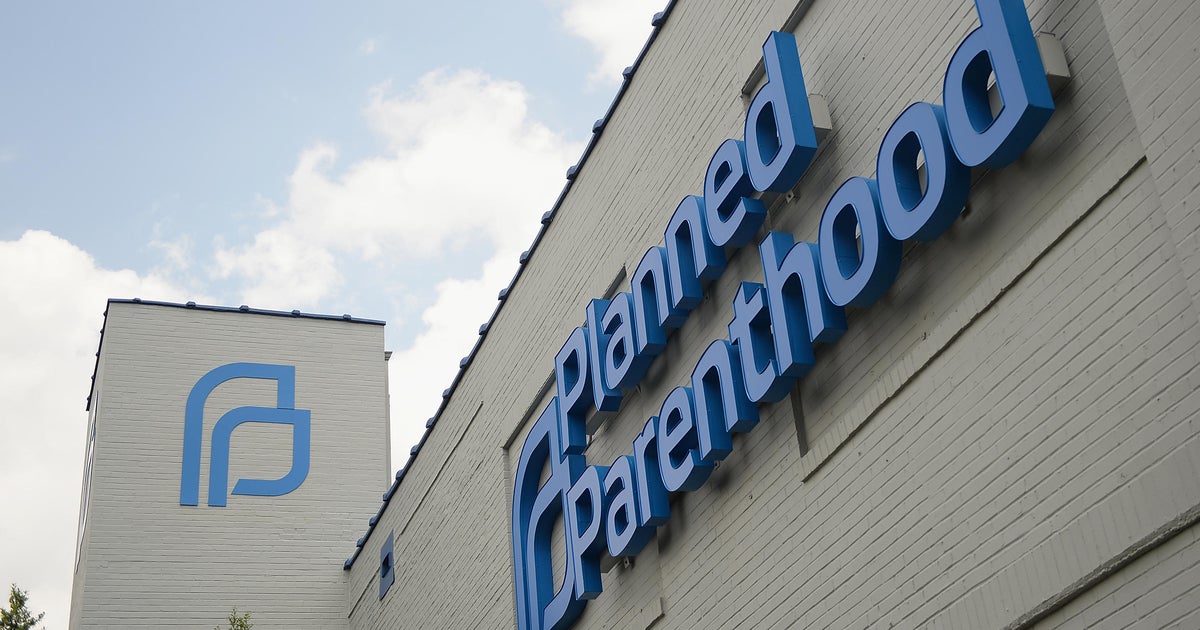Planned Parenthood is preparing a seven-figure campaign to oust incumbent Republican congressional seats in California, part of a larger national effort by the reproductive rights group to prevent a Republican majority from introducing abortion restrictions, including a nationwide ban.
Planned Parenthood Affiliates of California is targeting eight districts where voters overwhelmingly supported Republicans in 2022 while approving a constitutional amendment enshrining access to abortion and contraceptives. The advertising plan is negative by focusing on each incumbent representative’s voting record against access to abortion and contraceptives. In the past, the group has based its campaign on the “Burn Book” from the 2004 comedy “Mean Girls.”
GOP party officials said they were confident voters in those districts would look at the bigger picture and return Republicans to power. And one incumbent dismissed the idea that there is a threat to reproductive care in the Golden State.
“Access to abortion and other reproductive care is not going anywhere in California,” said Calvin Moore, a spokesman for Rep. Ken Calvert of Riverside County. “Congressman Calvert believes this is a deeply personal issue that should be left up to the states and opposes a national abortion ban.”
With 52 seats, liberal California could swing the needle for control of the U.S. House of Representatives this fall. But Planned Parenthood has its hands full, as seven of the seats it is eyeing are currently held by Republicans and only one — vacated by Democrat Katie Porter after failed attempt for the United States Senate — is open.
According to The Cook Political Report, there are four toss-up races; Rep. Michelle Steel’s district, mostly in Orange County, is Republican; and Reps. Kevin Kiley, who represents a district along California’s eastern border, and Young Kim, who represents a district east of Anaheim, are likely to win.
Abortion has proven to be a bigger problem for many voters than political analysts had expected. “In many of these seats, I think voters care about their reproductive freedoms and they resonate with our message, so we think we’re going to win,” said Jodi Hicks, CEO and president of Planned Parenthood Affiliates of California.
While Planned Parenthood focuses on the House elections, Hicks said it is also keeping an eye on neighboring states. A California branch, Planned Parenthood Mar Monte, extends into Reno, Nevada, and its advocacy arm has supported a Nevada ballot initiative that would constitutionally protect Nevadans’ right to abortion.
Nationally, the group plans to spend $40 million in at least eight states: Arizona, Georgia, Montana, New Hampshire, New York, North Carolina, Pennsylvania and Wisconsin.
In California, Planned Parenthood wants to highlight the record of congressmen like Kiley, who voted to potentially impose prison sentences on doctors who perform abortions. Calvert, Kim, Steel and Reps. Mike Garcia, of northern Los Angeles County, and David Valadao, of the Central Valley, voted against access to contraception. And Garcia, Valadao and Steel co-sponsored a bill that would effectively ban abortions nationwide.
James Gallagher, the Republican leader of the Assembly and a member of the California Republican Party board, said many Californians do not trust Democrats to protect their health care rights, even though political leaders support legalizing abortion. He pointed out that maternity wards have closed and hospitals have filed for bankruptcy under Democrats.
“Democrats don’t really have a great record in California right now when it comes to issues around women’s health care,” Gallagher said. “So I think it rings a little hollow.”
According to a KFF poll in February on abortion as a 2024 election issue, about half of Republican voters who favor legalization trust their own party more on the issue, while 8% trust the Democratic Party more. One in three said they trust neither political party on the issue.
Ivy Cargile, an associate professor of political science at California State University, Bakersfield, said it can be difficult to mobilize voters on the issue because many Californians are convinced their reproductive rights are protected in the deep-blue state. “Voters may think California is so progressive, so reproductive rights are safe,” Cargile said. “But federal legislation is more important than state legislation.”
Planned Parenthood will tell voters in the Central Valley and Southern California that remaining Republican risks a nationwide abortion ban. Much of the ad campaign will focus on connecting the dots for voters, arguing that support for reproductive rights requires voting for Democratic candidates.
“California plays a critical role in ensuring we win nationally,” Hicks said.
Gallagher said the GOP’s focus on inflation and public safety will resonate with voters in California’s more conservative districts. He and Calvert predict the races will mirror what happened in 2022: Even though voters supported the constitutional amendment for reproductive rights, they backed Republican incumbents, even those who oppose abortion.
KFF Health News spoke with six voters in Garcia’s district who say they support abortion access but typically vote for Republican candidates. All six planned to vote for Garcia’s re-election.
Rose Large of Santa Clarita said that while she supports abortion rights, she is more concerned about Democratic Party leadership on issues such as the economy and border control. Others cited fears of rising crime and a desire to protect Second Amendment rights.
Asked if she thinks Planned Parenthood’s campaign will influence her or the voters in her neighborhood, Large says, “Personally, I don’t think so. No.”
This article is produced by KFF Health Newsa national newsroom that produces in-depth journalism on health issues and is one of the main operational programs of KFF — the independent source for health policy research, polling and journalism. KFF Health News is the publisher of California Healthlinean editorially independent service of the California Healthcare Foundation.







